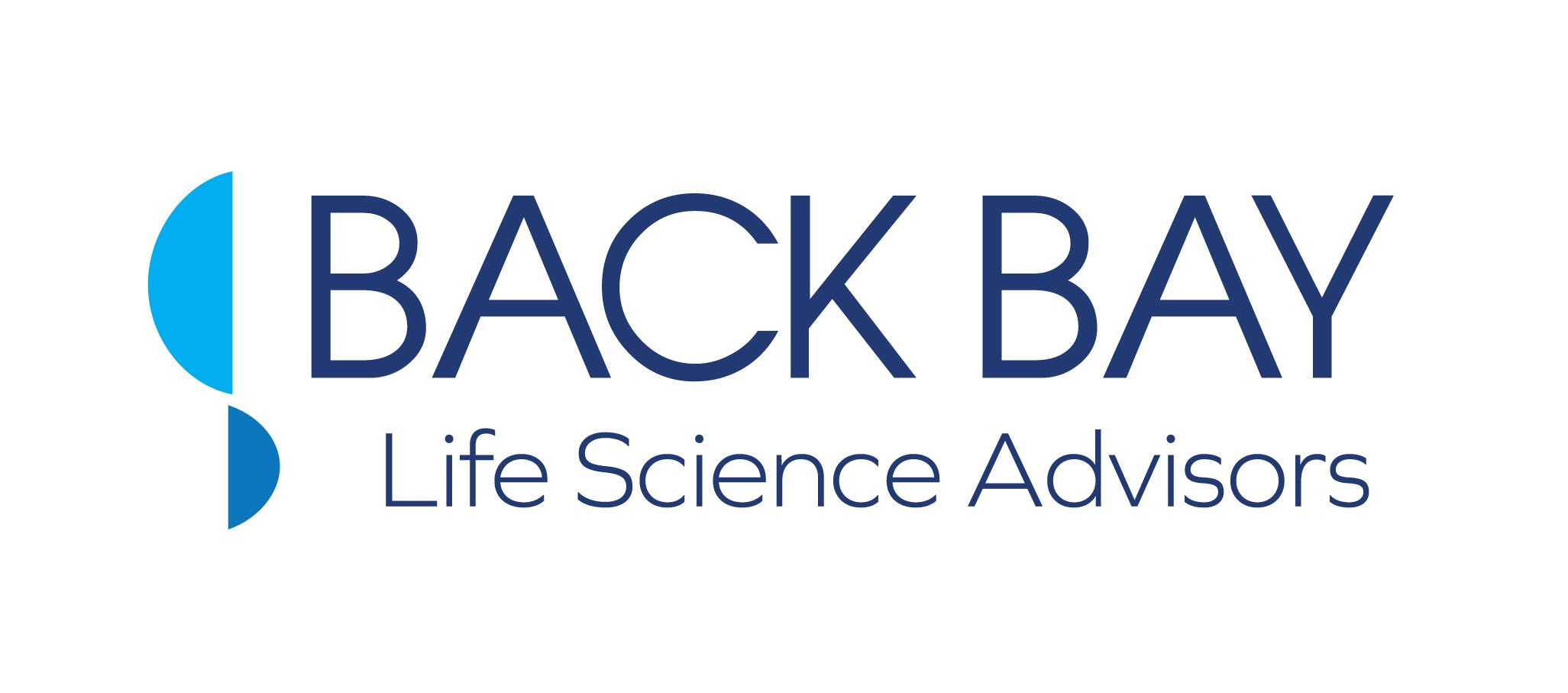Acquiror or Acquiree? The Role of M&A "Deal Heat" in Premium Valuations
Acquiror or Acquiree? The Role of M&A "Deal Heat" in Premium Valuations
By: Jonathan Gertler and Greg BenningWho’s next? This month marked the return of the $100 billion-plus hostile M&A bid, and stoked speculation about which big company is next. Mega deals, regardless of sector, drive the entire market. An underappreciated part of finance and valuation is the role M&A premiums play in day-to-day stock prices.As a simple example, if a target is worth $100MM independently, and $300MM to its best acquirer (operating synergies, cost of capital, etc.) and there is a 25% chance of a deal happening, the company could trade at $150MM. If M&A heats up, and chances of deals increase to 50%, the market value will rise to $200MM.What many people don’t appreciate is the broader magnitude of M&A premium in all market indices, which when M&A is booming, can boost the S&P 500 by several P/E multiples. There is always rumor and buzz around public biotechnology stocks about who is next, and an ecosystem of banks, media and hedge funds that feeds and lives in that churn.M&A will accelerate in 2017. On mega-deal end of the market, $100B+ deals depend on corporate confidence and bank debt. Slow growth, pressure on pricing for established drugs, and the prospects of easier access to bank debt, easier regulatory approval pathways and more favorable tax laws will drive more deals (and more private equity deals) involving the top 100 global healthcare companies.Acquisition premiums have even more leverage in life sciences, combining with other big risks, such as scientific validity, drug safety, clinical trial design and execution, competitive pipeline, growth management, and access to funding and related stock price liquidity discounts. Understanding the implications of this dynamic, and the difference between value creation and deal value is critical for life sciences CEOs, board members and investors.While we have top-notch M&A advisory capabilities, Back Bay Life Science Advisors spends the very large majority of its time on helping clients build strategic value and sustainable businesses. Our version of sustainability reflects using cash in hand in the most efficient way to reach the inflection point that makes most sense. Our sustainability means targeting those markets where there is truly unmet need and where innovation is rewarded over momentary price arbitrage. And, ironically, sustainability also ultimately translates into not only being the most attractive takeover target but also being able to be the consolidator oneself – as the combination of effective strategy well-implemented and takeover attractiveness result in a premium valuation.Sustainability is not building a company to be bought: if we had a dollar for every company that didn't get acquired after positioning itself that way, we'd probably be ambassadors to the Court of St. James (well, maybe Russia these days). One doesn't attract acquisition by simple positioning -- one attracts and catalyzes acquisition by creating value, driving results and creating a strategic asset, that even at premium valuations is a compelling addition to someone else's strategic goals (or being one of the very biggest players that can’t simply avoid the attention of the deal economy).Back Bay was founded on the principle of value creation in the science and astute use of corporate finance principles to deliver returns rewarding the promise of the science. We still think those principles are the ones that will drive the long-term security and contribution of companies and reward investors in our biotechnology world.
